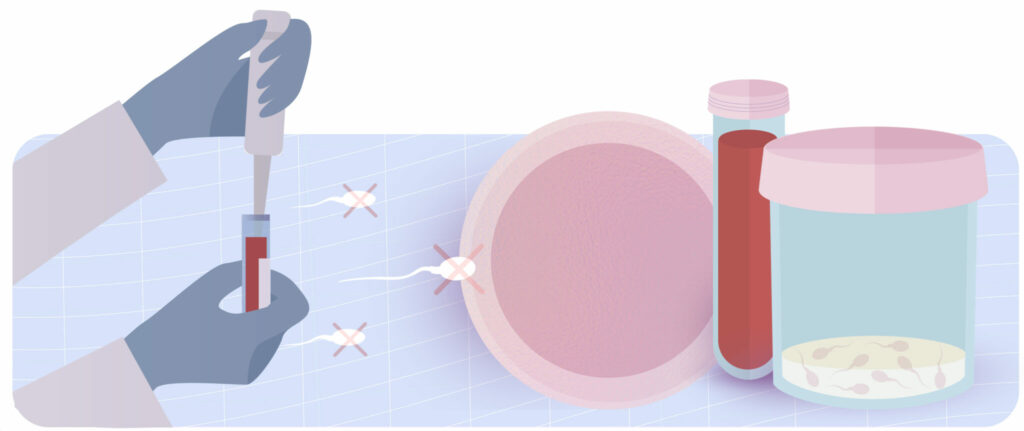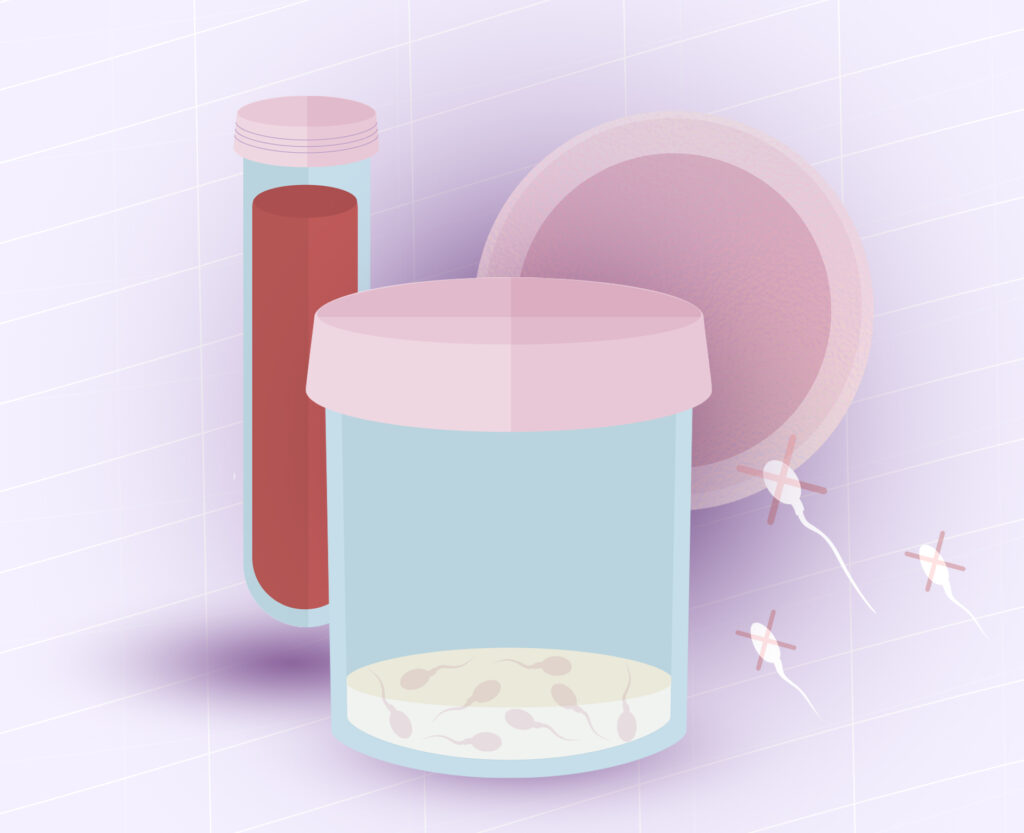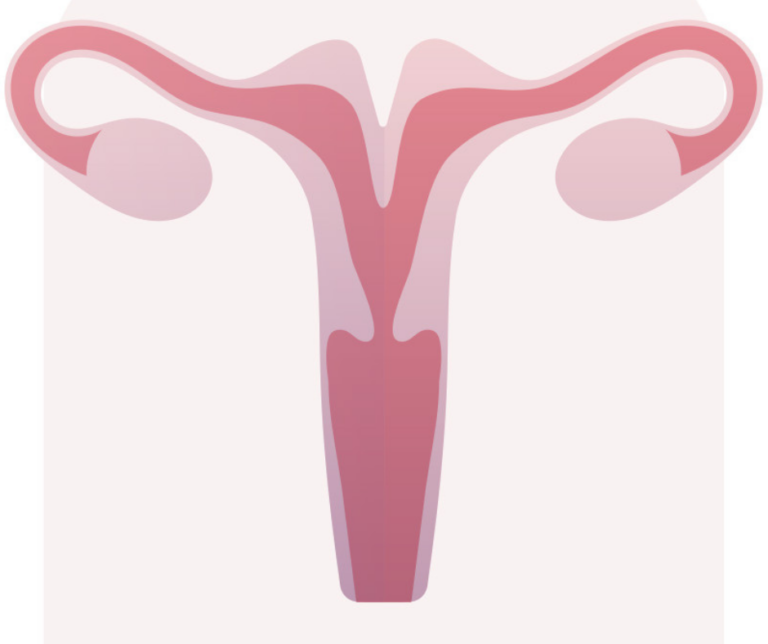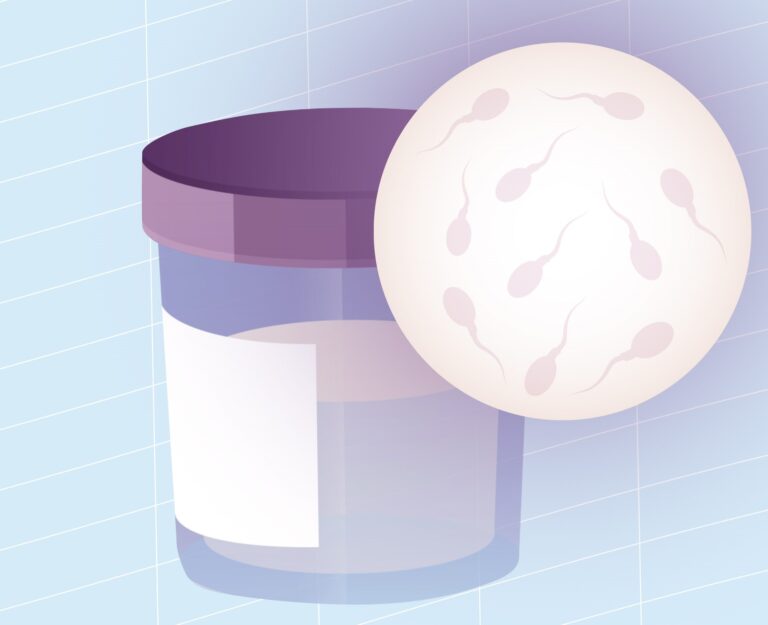
Table of Contents
ToggleWhen a couple decides to seek help at an assisted reproduction centre, a thorough assessment of both the woman’s and the man’s reproductive health is initiated. There is often a misconception that infertility is mostly a female issue. However, it is essential to recognise that in many cases, the male factor is crucial in achieving a pregnancy.
Semen Analysis: A Key Test for Male Infertility
The clinical approach to male infertility begins with a set of specific tests, and one of the first prescribed is the semen analysis. This test, also known as a sperm analysis, evaluates various semen characteristics that may affect fertility. Key parameters include:
- Ejaculate volume: The amount of semen produced in one ejaculation.
- Sperm concentration: The number of sperm cells per millilitre of semen.
- Sperm motility: The ability of the sperm to move effectively.
- Sperm morphology: The size and shape of the sperm cells.
The quality of these parameters is essential to determine the likelihood of successful fertilisation.
Additional Diagnostic Tests for Male Infertility
Physical Examination
One of the initial steps to detect any physical anomalies such as problems in the testicles, varicocele, cysts, or abnormalities in the vas deferens. A Doppler ultrasound may also be recommended to ensure proper semen delivery.
Semen Culture
This is carried out to detect possible infections that might be affecting sperm quality and reducing fertility potential.
Hormonal Tests
Blood tests help assess the levels of key hormones that influence reproductive function, such as testosterone.
Genetic Studies
Chromosomal tests like karyotyping, Y chromosome microdeletions, or cystic fibrosis gene analysis may be performed.
Sperm Preparation Test (REM)
This complementary test separates seminal plasma to isolate the most motile and fertile sperm, guiding the recommendation for the most appropriate assisted reproduction technique.
Sperm DNA Fragmentation
This test assesses the integrity of sperm DNA, as damage to genetic material can impact fertilisation. Fragmentation may be caused by oxidative stress, age, or environmental exposure.
FISH in Sperm
This test detects chromosomal abnormalities. If FISH results are altered, the embryos may have a higher risk of miscarriage or implantation failure, making preimplantation genetic testing advisable.
Testicular Biopsy
When sperm is not present in the ejaculate, a biopsy can be performed to extract sperm directly from the testicles for IVF use.
When to Consider Sperm Donation in Male Infertility
When major abnormalities are detected and other treatments have failed, sperm donation may be the last viable option. This is especially the case if no sperm can be found in the ejaculate, even after testicular biopsy.
Sperm donation may also be suggested when the male partner cannot produce viable sperm, making it the only possible route to achieve pregnancy.
At Next Fertility, we collaborate with Gametia Biobank, one of the largest gamete banks in Europe.
This is a deeply personal decision that depends on each couple’s individual situation and preferences.
In conclusion, the clinical approach to male infertility in assisted reproduction involves a comprehensive and multidisciplinary evaluation aimed at identifying and addressing the factors impacting a couple’s ability to conceive.
We always recommend seeing a specialist if you suspect any issue affecting your fertility. You can contact us to ask your questions or schedule a consultation.












